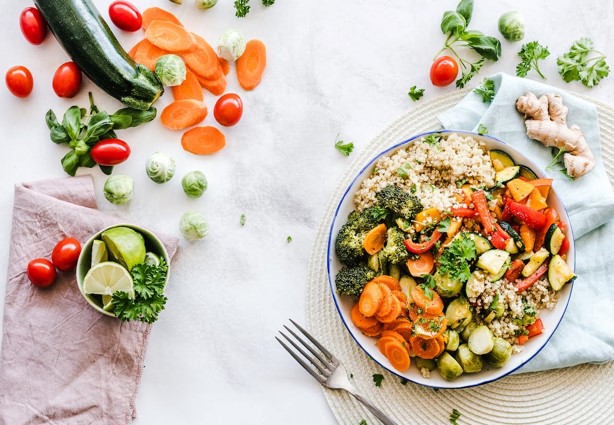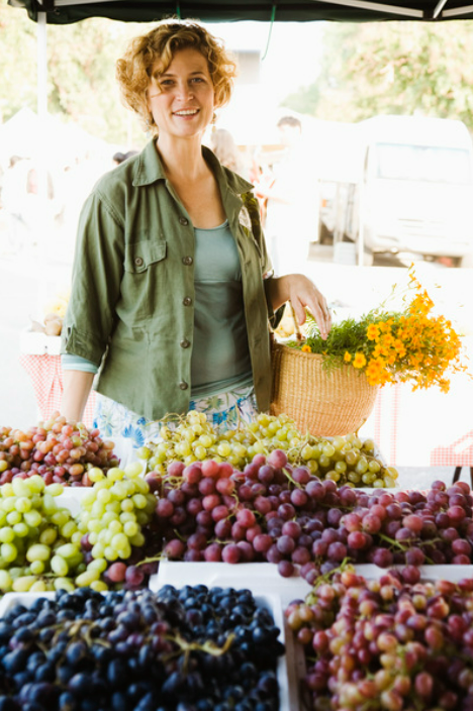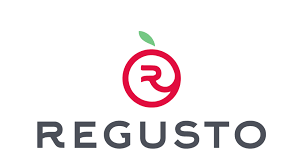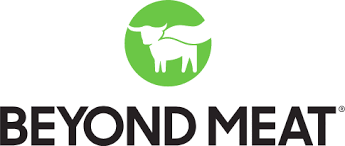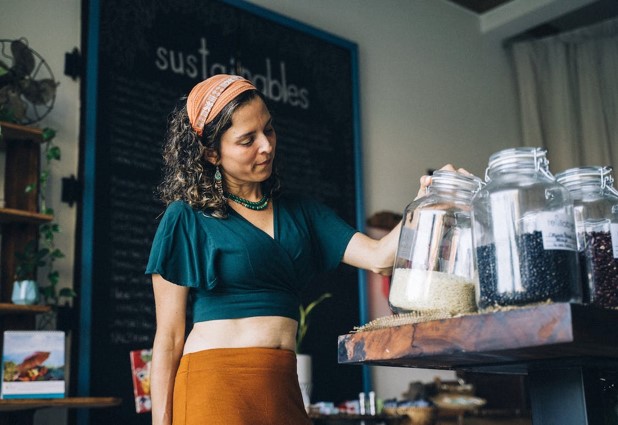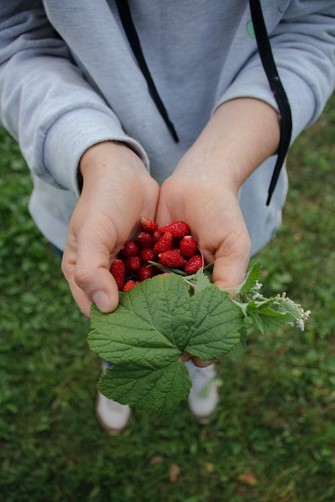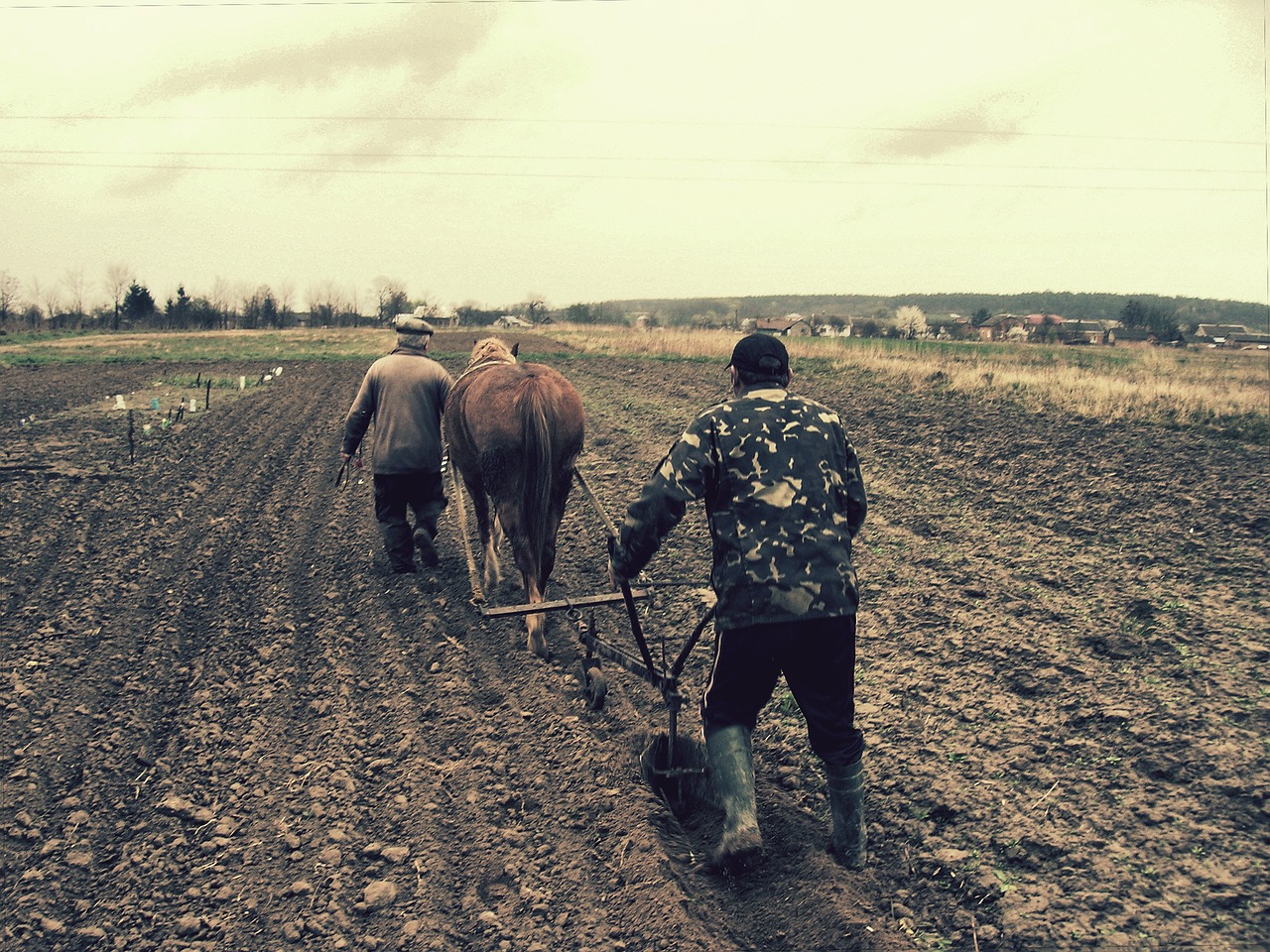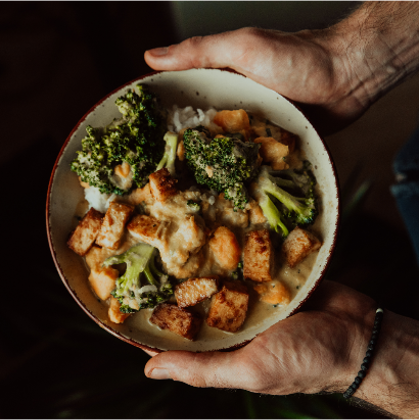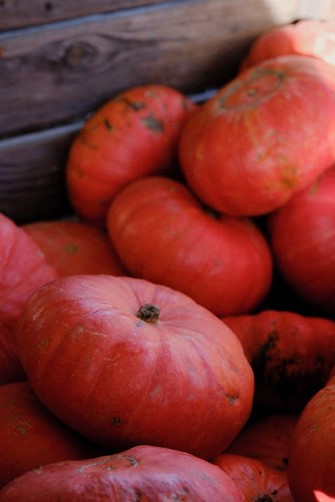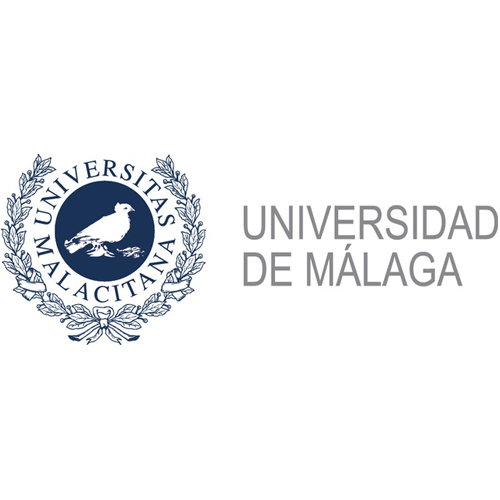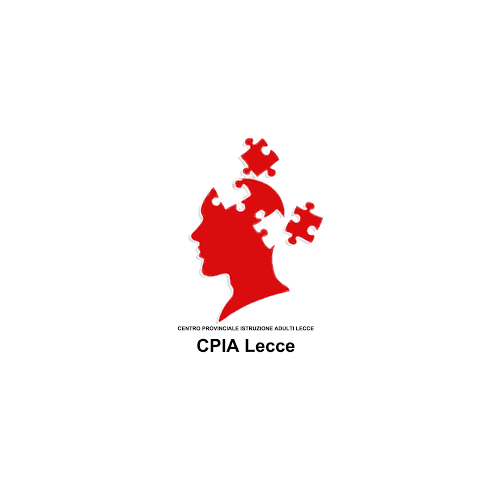EduCARE
Consumo responsable en alimentación
Basic|
VIDEOS

| |||||||||||||||||||||||||||
|
Responsible consumption on foodClick to read
 Introduction:Responsible consumption is a behavioural model that takes into account and analyses the environmental and social justice impacts of everyday consumption and purchasing choices. In terms of food, a “responsible consumer” who favours products that are good for the planet, but also short circuit and producers who meet certain moral and standards. They buy products and services not based solely on economic criteria, but considering a number of factors such as:
How far and in what kind of reality it was produced
Topic development:Among other things, responsible consumption concerns the use of a given product throughout its life cycle. As far as food is concerned, a responsible consumer is one who shops with awareness and critical analysis of what he or she will actually need and could consume, trying to waste as few resources as possible and to use them effectively.
Responsible consumers are aware that the consumption or purchase of a product or service always has more or less hidden consequences. In fact, the food production system and our purchasing and consumption choices affect ourselves, our surroundings and community, the economy of our society and the environment.
In particular, food production is one of the most environmentally damaging sectors and today food is a major global concern. Intensive production and over-processing of food are responsible for the emission of large amounts of CO2. The choices we make regarding food production and consumption impact on the climate, the use such as water and land, and the ability of people to feed themselves, live and work in dignity here and abroad.
Responsible and sustainable consumption and production can contribute substantially to poverty reduction and the transition to green, low-carbon and circular economies.
Responsible consumption is also sustainable and ecological, ethical and socially just consumption. A more conscious and responsible type of consumption, by buying sustainably produced products, can change production patterns so that less waste and scrap is generated, no harmful or toxic substances are released into the environment and the planet's biodiversity is not reduced. Buying ethically, on the other hand, means avoiding buying from large multinationals and shortening the distance between producer and consumer as much as possible, to make sure we know exactly where and how the food we buy has been produced, and under what conditions people have worked in the production process. Every time we buy a product, we are financing the reality behind it. Financing the small local farmer or fisherman, instead of large, already economically sound realities, means taking part in a process of redistribution of wealth towards an economy of the common good. Good practices:One of the cornerstones of responsible consumption applied to food is to avoid food waste. There are several applications that combat food waste by easily connecting consumers with traders and restaurateurs and enabling them to sell food products at a low price before they go bad and have to be thrown away or even products with aesthetic defects. The most famous is definitely Too Good To Go, where you can buy boxes of unsold and near-expiry food products from supermarkets, grocery shops, greengrocers, restaurants, bars, bakeries, etc. With Regusto, in addition to selling such products at a low price, you also have the opportunity to donate them to non-profit organisations and associations.
A slightly different app from the previous ones is UBO (Una Buona Occasione). This one compacts food waste by helping the confused and uncertain consumer on proper food storage: in UBO there are 500 foods, news, tips and advice on how, where and for how long to store them. Another brand committed to sustainable and responsible food production is Beyond meat. Beyond meat sells hamburgers, minced meat, meatballs and plant-based sausages that taste incredibly similar to meat. Plant-based food not only protects and promotes the welfare of animals, but also of humans and the environment. These products are an excellent source of protein without cholesterol and their production requires far less water, land and energy than traditional meat burgers and has 90% fewer gas emissions. Current and future challenges:Many manufacturers are making sustainability a priority within the production and distribution process of products, adapting to the growing consumer concern on the issue. One of the biggest challenges is packaging: in supermarkets, but also in shops, we are used to the hyper-plasticisation of all packaging. Some have started using paper or other more sustainable materials, but the best choice is undoubtedly no packaging at all, whenever possible. Plastic, however, is extremely convenient in this and helps to preserve many types of food. Besides the fact that buying in bulk can seem particularly inconvenient, especially at first. When it comes to the food itself, however, one of the biggest problems is the lack of information on the part of the consumer. Not everyone is used to reading the label accurately to understand what the product we are buying is and where it comes from. Even when the consumer wants to behave responsibly, it is not always easy to understand which products are sustainable and ethical and which are not. Over time, various certifications have been created, which can be found on product labels, guaranteeing the sustainability and quality of the product, safe and ethical working conditions, the social responsibility of the company, etc. It must be specified, however, that one should at least be aware of what such a certification implies and what kind of requirements the product and the company must meet to earn it.
Further references:https://www.economiecirculaire.org/static/h/responsible-consumption.html http://suscof.com/wp-content/uploads/2020/03/WP4-M5-THE-NEEDS-ANALYSIS.pdf https://www.un.org/sustainabledevelopment/sustainable-consumption-production/ The weight of the economy in foodClick to read
 Introduction:Food and drink industry is the largest manufacturing sector in EU in terms of turnover, value added and employment.
It is important to remind that:
All this implies that this industry has considerable weight within the global economy and within each country. Consumers should be aware of this and of the weight that their purchasing and consumption choices have on the local, national and even global economy. Responsible food consumption has a great impact. Making aware choices about which products and from which companies to buy implies exercising economic power over the values of companies and changing the market and the shared culture of our society, since it only finances companies and entities that meet ethical and moral standards and are committed to social issues. Impacts/Benefits:
Being an economically responsible consumer certainly means being critical about one's spending, but it also means thinking about what kind of economy one wants to finance and acting in a manner consistent with this desire. Buying and consuming responsibly therefore means preferring a local and circular economy. Micro-economies of local communities can ensure livelihoods while respecting local ecosystems, health, and culture. They also promote conviviality and solidarity. Therefore, a responsible consumer is one who prefers local food and finances small, sustainable and ethical businesses. As food and drink is the second largest household expenditure, capital spent on food has potentially great power within the economy, especially the local economy. If in a given community, city or neighbourhood, all consumers bought products within the same community, there would be a circulation of money that always finances the community, so contributing to preserve the employment and fixing the population to the land, a great concern in most of the rural areas.
Buying directly from a local producer (such as a farmer, fishmonger, butcher, etc.) allows us to ensure that his or her labour is paid decently. Often, in fact, distribution chains and large companies that buy from the primary producer are not ethical and respectful of their rights. From this point of view, the smaller the distance between the consumer and the producer, the better. Directly financing local producers and small businesses also gives the consumer the power to take part in a process of wealth redistribution, boycotting multinationals and large corporations that have a strong control over the economy. Such a local and circular micro-economy also makes it easier to control the environmental impacts of products and thus promote an economy based on sustainability principles. Good practices:The Capuchin Friars of Spain have promoted a project based on the idea of a local economy, ethical and respectful of human rights. The project is called Huerto Hermana Tierra and envisages the use of a large garden of two hectares, which had been abandoned for over 25 years, for sustainable cultivation. This garden is also a space for training and work experience in organic farming for immigrants and people with personal and social difficulties. These people are guaranteed economically and humanely dignified conditions and the acquisition of knowledge and skills that will improve their employability. Another project recently launched in northern Italy, for example, babaco market, stems from the desire to avoid food waste and to value the work of ethical small local producers. Babaco market recovers fruit and vegetables that would be discarded from the distribution process due to aesthetic defects and resells them at a low price by sending 6 or 10 kg crates directly to subscribers' homes. Babaco market buys only from small local producers who work ethically and sustainably. It is clearly specified where each product comes from and why it was discarded. Current and future challenges:
The biggest challenge to achieving a responsible, local, ethical and sustainable type of economy is undoubtedly price. Organic and local food often costs more than the products of multinationals and large corporations. The latter often lower prices while also lowering the quality of the products, failing to offer economically and humanely decent working conditions and failing to meet certain standards in terms of the sustainability of the product production process. Another problem is that small local producers often cannot afford or are unable to take advantage of an advertising plan to make themselves more visible in the community. It is not enough to make oneself visible, it is necessary to convince the potential consumer that local food products are of such high quality that they decide to change their buying habits. The consumer must be empowered to the point of abandoning the convenience of the supermarket, where all kinds of desirable food products can be found, to buy local products that meet sustainable and ethical production requirements. Further references:Citizens as the core agents of change on foodClick to read
 Introduction:
Consumer language, through its tools (advertising, marketing, branding), is probably the non-verbal social language we use most to communicate: through it, we express ourselves, our belonging to a group or a community. This process therefore reinforces our identity, but at the same time produces a sense of inadequacy and frustration. The society we live in today is called a consumer society and is characterised by the phenomena of consumerism and capitalism. The basis of this type of society is the logic of hedonism, which means the pursuit of pleasure and not of need. The pursuit of pleasure through material goods has thus become a shared social objective. This model of consumption, however, is fueling an unhappy, unsustainable and unfair society. Impacts/Benefits:It is necessary to think of a new, more responsible model of consumption that will reduce the current systemic crisis in all its dimensions: social, cultural, environmental. In this sense, the practice of active citizenship in the purchase of products and services is a key issue. Thanks to globalisation, we can easily buy online at any time and from anywhere, food that cannot be produced in one's own territory or that is not in season. Responsible food consumption has a great social impact. Aware decisions and socially just consumption produce, through purchasing choices, social and cultural positive effects on communities and societies, helping to the preservation of traditional diets, improving the life in rural areas and favouring people’s health. This is why it is preferable to buy local rather than imported products.
It is therefore crucial to promote a higher level of awareness among consumers. The protection of cultural values of local food is also a great benefit from the responsible consumption of food, since it contributes to protect the ancestral knowledge on traditional gastronomy, products and species. Rural communities get also benefits from a responsible consumption of food, since it contributes to fix population to territories and keeping the little towns alive. It also means both guaranteeing decent economic and human conditions for workers and respecting certain standards of inclusion and gender equality. Europe gives us certainty in this respect with its directives and regulations on labour law, safety at work, equal opportunities and protection against discrimination. Some companies even engage the commitment to donate part of the proceeds (in the case of the food industry, even leftover products) to support good causes and reduce food waste while supporting economically and socially disadvantaged people. Good practices:A prime example of a socially committed brand is Brewgooder, founded by Adam and James in 2016. Brewgooder donates 100% of its profits to charity. Their mission is to ensure access to clean water for as many people as possible. Only from 2016 to 2018, they sold 750,000 Clean Water Lagers, thus managing to donate almost £50,000 to charity. These donations have helped fund various projects, thanks to which 40,000 people have been able to have better access to clean water, also involving schools and hospitals. On their beers, there are QR codes through which you can learn about the positive impact that you have made in the world by purchasing these beers and financing projects. You can also register on their website, create a profile and become part of this community of responsible beer-loving consumers.
Another example is Tony's Chocolonely. Teun van de Keuken founded this Dutch confectionery company in 2005. Van de Keuken was an investigative journalist and discovered that slavery, especially child slavery, is still widespread on cocoa plantations in West Africa. He calls it modern slavery and wants to combat it by setting a good example. Van de Keuken states that his chocolate basic ingredients are five: 1. Traceability of cocoa beans (always bought from partner cooperatives) 2. A high price (to ensure that farmers are paid commensurate with a decent standard of living) 3. Empowerment of farmers and cooperatives 4. Long-term contracts (lasting at least 5 years so that the cooperatives and farmers can safely invest to improve) Current and future challenges:Consumption behaviour is social behaviour and, as such, is strongly influenced by institutions and values. Therefore, trying to change people's consumption pattern in a more responsible direction without changing, at the same time, the value orientations and shared culture towards a less consumerist society is very difficult. The challenge is therefore to promote a social, cultural and institutional change that supports the spread of a socially responsible consumption model that remains constant over time. This cultural change should lead citizens to be more active in their responsibility towards the community and less individualistic. The new model should be based on a prototype of homo civicus rather than homo economicus. Such a transformation of the worldview that has so far sustained the organisation of the societies in which we live is profound and requires a great deal of commitment. This sense of community, which is necessary for consumers to be socially responsible, should be transmitted as early as childhood in the school, which is the first community of which an individual belongs.
Further references:https://ec.europa.eu/social/main.jsp?catId=82&langId=en https://www.globalissues.org/article/238/effects-of-consumerism https://www.eatresponsibly.eu/en/i-learn/who-are-the-people-behind-my-food/ Environmental sustainability in foodClick to read
 Introduction:More responsible food consumption is the most powerful tool at our disposal to counter the environmental footprint of the food industry, whose main damage comes from:
As the food industry is the industry with the largest environmental footprint, responsible food consumption is crucial to ensure a more sustainable future for the next generations. Impacts/Benefits:
Therefore, responsible consumption in this area contributes in several ways:
Good practices:The best way to eat sustainably and reduce one's environmental footprint is to take from nature what it can offer us without exploiting it. This is the principle behind the work of James Wood, founder of Totally Wild Food. The pickers of Totally Wild Food are experts in the ecosystems in which they work and only harvest small amounts of the wild food they find to allow the plants to regrow naturally. This makes it possible to trade high quality ingredients without exploiting farmland and with very few resources. In addition, James Wood and his team run cookery courses focusing on wild food and how to handle it. Another extremely sustainable brand that works to minimise its environmental footprint is Biona. Biona started out almost 50 years ago as a small wholefoods shop and has since expanded to over 350 organic products. Their mission is to sell only organic food that has been processed as little as possible. Their headquarters are powered exclusively by renewable energy sources and more than half of their products are produced with clean energy. 93% of their packaging is recyclable and all ingredients are only imported by land or sea to reduce their carbon footprint.
Current and future challenges:To promote responsible food consumption, it is necessary to promote local consumption. Most people, however, do their food shopping in supermarkets. Although on the label of everything we buy it is written where it comes from, reading labels is still not a widespread habit. Consumers are faced with shelves full of every product throughout the year. For these reasons, in supermarkets the average consumer does not feel the passing of the seasons and does not ask themselves questions about where products are produced and how they are transported.
Another particularly worrying aspect of food consumption is the widespread over-consumption of meat. As we have already seen, meat production is one of the most damaging to the environment, besides the fact that excessive consumption of meat, especially red meat, is highly inadvisable because it is not particularly healthy. There are already many brands that have found effective formulas to imitate meat both nutritionally and in terms of taste. These products can be good alternatives to replace meat a few times a week, especially for people who overconsume it. Unfortunately, however, they are not yet sufficiently well known, they are not affordable for everyone, and meat lovers are skeptical about trying such an imitation. Further references:https://www.mapleridge.ca/1776/Food-Production http://suscof.com/wp-content/uploads/2020/03/WP4-M5-THE-NEEDS-ANALYSIS.pdf First steps towards responsible consumption on foodClick to read
 Introduction:
We have already seen how, as much as it may seem that large industries are in control of the market, the consumer must keep in mind that supply depends on demand. The user therefore has a certain power and responsibility (towards the environment, his community and all the people involved in the production and consumption processes) to exercise it in a conscious and ethical manner. Beyond purchasing choices, all consumption behavior can have a certain social or environmental impact. The trivial decision to start drinking water from the tap and using a water bottle when outside the home, for example, saves several kilos of plastic and CO2 (emitted for both the production and transport of the bottles) in a year. These small gestures not only have a direct impact on the environment, but also an indirect one, by setting a good example and inspiring people around us to do the same. Tips and recommendations todo /Not to do:Current consumer habits are still too far from being sustainable, so there is much to change in one's daily consumption choices. This can frighten consumers and demotivate them. This is precisely why it is essential to start with small steps and to consider what each of us can do and with how much sacrifice. It is unthinkable, for example, to suddenly live producing zero waste. For someone it might be easier to focus on recycling and trying to produce as little waste as possible, for someone else, it might be easier to consume only seasonal products. Excessively large and sudden changes in one's habits risk not being lasting and therefore not being effective. One has to find the right balance to stay motivated to create and maintain new responsible purchasing and consumption habits and take small but steady steps. In order to start being a more responsible consumer, the most important thing to do is first to get informed and do research. You should start by finding out which are the most responsible brands (both ethical and sustainable) to favour those and which ones to avoid. It is essential to do research on what kind of products harm the environment or have been produced by workers’ exploitation, and which ones do not, and also where to conveniently find products that are produced responsibly (organic shops, markets, etc.). Here's what you can start with:
TO DO
|
Area
Food
LevelBasic
KeywordsConsumo responsable de alimentos - Alimentación saludable - Sostenibilidad - Consumo ético - dieta saludable - dieta sostenible - desperdicio de alimentos
 Play the game
Play the game Send us your opinion!
Send us your opinion! Reproducir el audio
Reproducir el audio 

